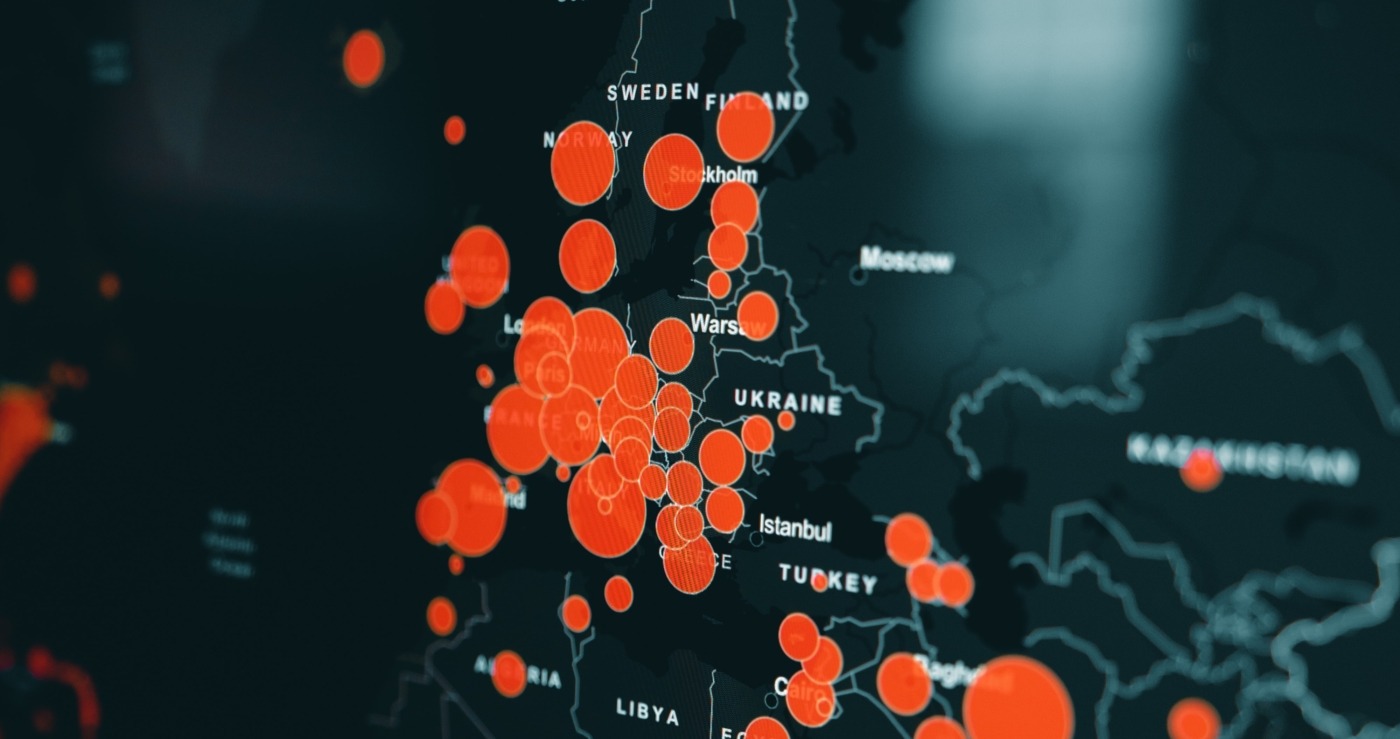Money, fame and washing hands: the celebrity response to coronavirus
Celebrities are rich and popular — and they are the perfect allies to have on-board when fighting a pandemic. Over the past few weeks the threat posed by COVID-19 has been on everyone’s mind, and stars are no exception. Many of them donated generously to help during the pandemic, including Angelina Jolie, George and Amal Clooney, and James McAvoy. Together, they have given much needed millions to food banks, charities, and the NHS. However, their true role lies beyond giving financial support. Their most important task is doing what they are great at: use their social media outreach and role model status to influence societal norms, especially among young people. This time, we need celebrities to side with governments and encourage everyone to follow lockdown rules, not to forget hand washing!
In order to understand how celebrities can best contribute to the efforts to contain the spread of COVID-19, it might be useful to think back to the initial stages of another pandemic
In order to understand how celebrities can best contribute to the efforts to contain the spread of COVID-19, it might be useful to think back to the initial stages of another pandemic: the still-ongoing HIV/AIDS crisis, which started in the early 1980s. One of the most significant stories is that of Rock Hudson, one of the most popular actors of his time and the embodiment of the American heartthrob image. Hudson shocked the world when it was reported in 1985 that he was suffering from AIDS, and soon became first major celebrity to die from an AIDS-related illness. This revelation immediately provoked widespread discussion on HIV, which long remained a completely taboo topic, and boosted funding on medical research. It brought the disease to public attention — and a crucial step to containing a pandemic is getting people to take it seriously.
Nowadays, celebrities are right in announcing that they contracted the COVID-19 virus and were self-isolating. When the media reports that celebrities such as Tom Hanks and his wife tested positive for the coronavirus, we can see that even celebrities are neither immune nor invincible. Even our most loved film stars can begin feeling sick and suffer because of it. Some people resent the publicity that affected celebrities get, noting that the rich have an unfair access to testing and better healthcare. It is undeniably true that the treatment they receive and their quarantine conditions are privileged, yet that does not mean that they should not share it online. After all, a key difference that it makes is raising extra awareness, which is of great value. By announcing that they got coronavirus instead of keeping it hidden, celebrities can successfully warn us to pay attention.
When the media reports that celebrities such as Tom Hanks and his wife tested positive for the coronavirus, we can see that even celebrities are neither immune nor invincible
Another key way in which celebrities can help is by telling people to follow lockdown rules, and sharing Word Health Organisation (WHO) instructions on how to prevent the spread of COVID-19. Recently, Selena Gomez took part in the WHO’s #safehands challenge, where she made a video of herself demonstrating “effective hand hygiene” go viral. Celebrities can also make their messages personal and hence unique: Vampire Diaries actress Nina Dobrev streamed a video of herself interviewing a friend who was self-isolating due to coronavirus. Naturally, stars should remain extremely careful when sharing health advice, since we must avoid spreading misinformation at all cost. Yet, if done properly, they have the power to change the perception of their followers. This is especially important since too many teens have been defying official advice and bans to carry on socialising (if that was you, time to stop!).
In a strange but weirdly understandable way, many of us are more easily reached through celebrity Instagram stories than official government reports. Stars should recognise the value of their outreach and embrace the responsibility that comes with informing the public on matters that can save lives. Now, their social media posts might be worth more than any donated money.

Comments